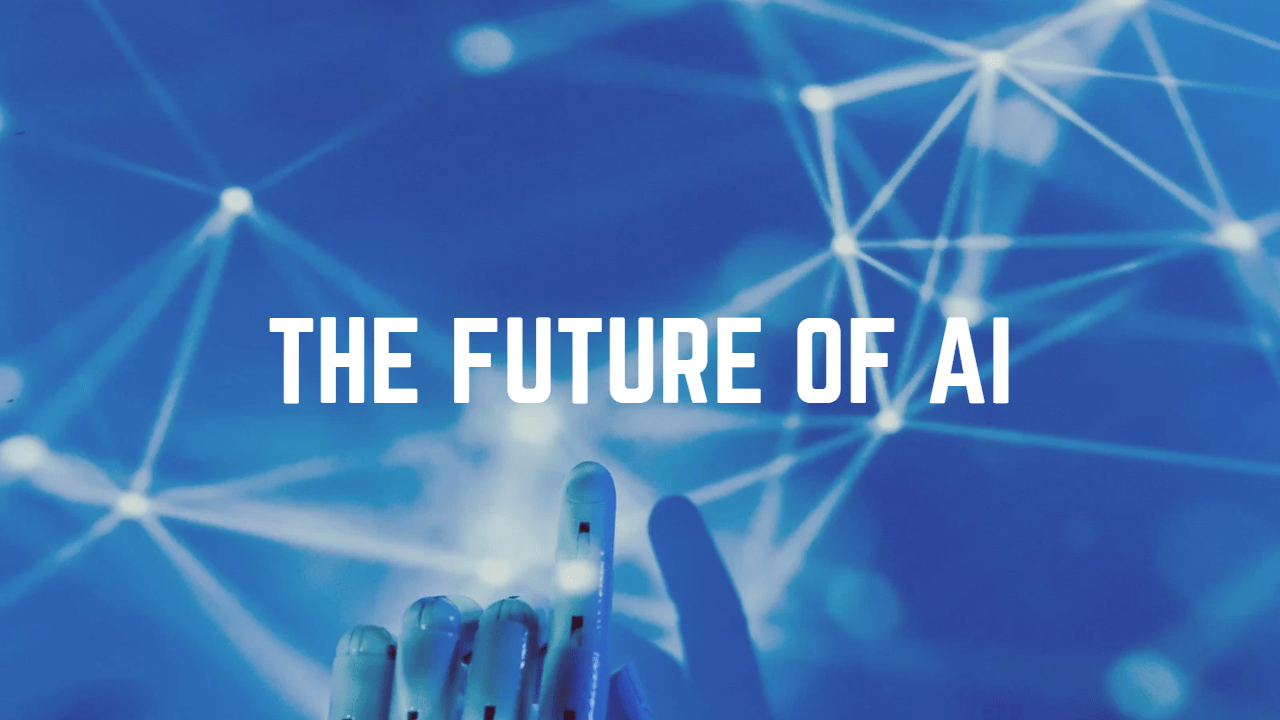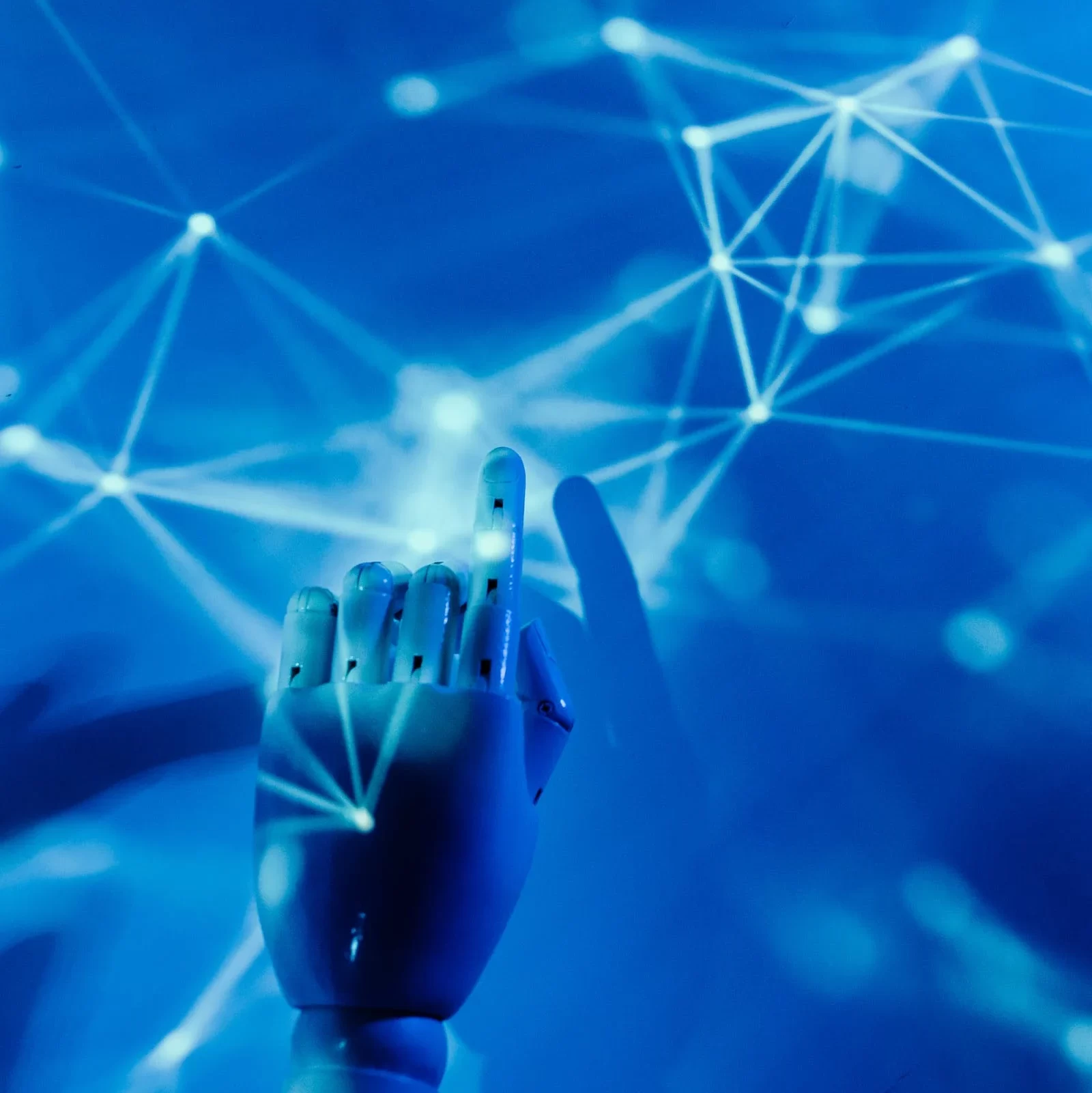
Artificial Intelligence (AI) has rapidly transformed numerous industries and continues to shape the way we live and work. As technology advances at an exponential pace, it is crucial to stay informed about the latest trends and predictions in AI. In this blog, we will explore the future of artificial intelligence and provide insights into the upcoming advancements that will revolutionize various sectors. Let’s dive into the exciting world of AI and discover what lies ahead.
ADVANCEMENTS IN ARTIFICIAL INTELLIGENCE (AI)

- AI-Powered Automation: One of the most significant impacts of AI in the future will be the widespread implementation of AI-powered automation. With advancements in machine learning algorithms, robots, and intelligent systems, we can expect increased automation across industries. This will streamline processes, reduce human error, and improve efficiency in tasks ranging from manufacturing and logistics to customer service and data analysis.
- Enhanced Natural Language Processing (NLP): Natural Language Processing (NLP) enables machines to understand and communicate with humans in a human-like manner. With ongoing research and development in NLP, we can anticipate significant improvements in speech recognition, sentiment analysis, and language translation. This will lead to enhanced virtual assistants, chatbots, and voice-controlled devices, making human-computer interactions more intuitive and seamless.
- Reinforcement Learning: Reinforcement learning is a branch of AI that trains intelligent agents to make decisions based on feedback from their environment. It has already demonstrated impressive results in areas like gaming and robotics. In the future, reinforcement learning is expected to advance, enabling AI systems to learn and adapt to complex real-world scenarios. This can have profound implications in autonomous vehicles, healthcare, and finance fields.
- Ethical AI and Privacy: Addressing ethical concerns and ensuring data privacy will become increasingly crucial as AI becomes more prevalent. The future of AI will see a greater emphasis on developing ethical frameworks and regulations to govern AI technologies. Striking a balance between innovation and the responsible use of AI will be vital in building trust and safeguarding individual privacy.
- AI in Healthcare: AI is set to revolutionize the healthcare industry, improving patient care and diagnosis. Predictive analytics and machine learning algorithms can analyze vast amounts of patient data, enabling early detection of diseases, personalized treatment plans, and better clinical decision-making. AI-powered medical imaging systems will enhance accuracy and speed in detecting abnormalities, leading to more effective healthcare outcomes.
- AI in Education: The future of education will witness the integration of AI-powered tools to personalize and enhance the learning experience. Intelligent tutoring systems can adapt to individual students’ needs, providing tailored instruction and feedback. AI can also automate administrative tasks, allowing educators time to focus on interactive and creative teaching methods. Virtual reality and augmented reality technologies will enable immersive and engaging educational experiences.
Conclusion: The future of artificial intelligence holds immense potential for transforming industries, improving efficiency, and enhancing human lives. The possibilities are vast with AI-powered automation, advancements in natural language processing, reinforcement learning, and ethical considerations. Embracing these trends and preparing for the changes ahead will ensure that we harness the power of AI for the betterment of society. Stay informed, stay curious, and be ready to adapt to the exciting future that artificial intelligence has in store for us.